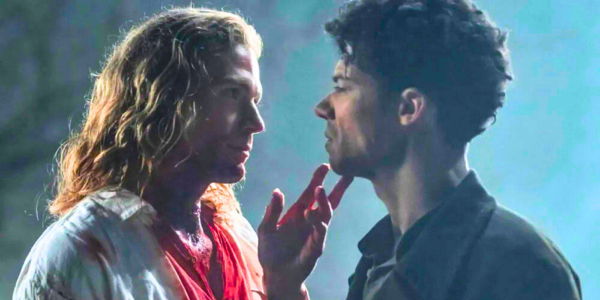March 2, 2011
'Alternative Spring Breaks' For Living in the Real World
Robert Doyle READ TIME: 3 MIN.
(San Francisco, Feb. 2011) - College students spend four years reading hundred of books, listening to hundreds of hours of their professors lecturing, and hoping they can remember enough of all of it long enough to pass their exams. And of course, when they're not busy trying to cram all that information in their heads, they like to have some fun.
So when it comes time to enjoy their Spring semester break, many of them just want to hit the beach in warm countries to lay on the sand, party in clubs, drink too much, and "meet" other students.
But what if it were possible to do all that and experience first-hand what they've been studying - while also getting class credit? "That's the idea behind Global Exchange's 'alternative Spring break' Reality Tours," says program director Malia Everette.
For example, students who are trying to understand the world economy - including the roots of the current global financial crisis - can take a 10-day trip to Guatemala, where they'll learn about its social and political history, enjoy its diverse culture, and bask in its warm climate.
They'll visit communities all over the country and meet with labor activists, land reform advocates, sustainable farmers, and local artisans such as Aj Quen, a weavers cooperative that helps indigenous Mayans sell their hand-made textiles at a "fair trade" (livable wage) price, including via a U.S.-based, socially responsible shopping portal called World of Good, which offers more than 35,000 products from over 70 countries around the world.
Students studying the environment - and especially the need for sustainable energy to combat global warming - can travel to Cuba to see how it developed and implemented its national energy efficiency and independence plan. In the last five years, Cuba has upgraded its entire electrical system, given more efficient appliances to its citizens, trained young workers to visit every community to teach home energy efficiency, and become the first country in the world to totally phase out incandescent light bulbs.
It has also made great strides in installing solar panels on rural schools and medical clinics, and increasing the use of wind, hydro-electric, biomass, and biogas resources for energy production. And it has created programs to teach energy-related science and technology in schools, and built factories to produce its own photovoltaic solar panels.
The alternative Spring break trip is led by the Eco Cuba Exchange and Solar Energy International, whose mission is to teach people Cubans and international visitors to install renewable energy systems and other environmentally efficient and sustainable building technologies.
But Spring break isn't just for students: Teachers, professors, librarians, administrators and other academic professionals are invited to join a remarkable research delegation to study the Cuban public education system. The UN's 2005 "Education For All" Global Monitoring Report singled out Cuba - along with much richer countries such as Canada, Finland, and Korea - as an educational role model.
Despite being a relatively poor country, Cuba's poverty has little effect on the overall educational achievements of its people. It spends nearly 11% of its GDP on education, by far the highest of any country in the world. (Finland is second at just 6 percent.) Its per-pupil expenditure is a fraction of that in the U.S., but is distributed equitably. School is free at all levels, including university. Its pupil-to-teacher ratio is 13.5:1 in primary school and 15:1 at all other levels. Its literacy rate is effectively 100%. In addition, the UN reports that one of every 15 Cubans has a college degree. It is truly a living educational laboratory!
And both students and teachers can earn credit for participating in Reality Tours. Students can earn up to three course credits for language study, study excursions (2-8 days), and volunteer/intern/work abroad experiences. If their own schools don't have a for-credit travel program, they can arrange for transfer credit through the Northwest Association of Colleges and Universities.
Similarly, K-12 and junior college educators can receive "professional growth" (in-service) credit through the University of San Diego's Independent Study program for participating in a tour, or creating their own customized tours for their classes.
For more information about these and other alternative Spring break trips, as well as year-round travel to more than 30 other countries around the world, visit www.realitytours.org. For information on Global Exchange's other international human rights programs and activities, visit www.globalexchange.org
Long-term New Yorkers, Mark and Robert have also lived in San Francisco, Boston, Provincetown, D.C., Miami Beach and the south of France. The recipient of fellowships at MacDowell, Yaddo, and Blue Mountain Center, Mark is a PhD in American history and literature, as well as the author of the novels Wolfchild and My Hawaiian Penthouse. Robert is the producer of the documentary We Are All Children of God. Their work has appeared in numerous publications, as well as at : www.mrny.com.







